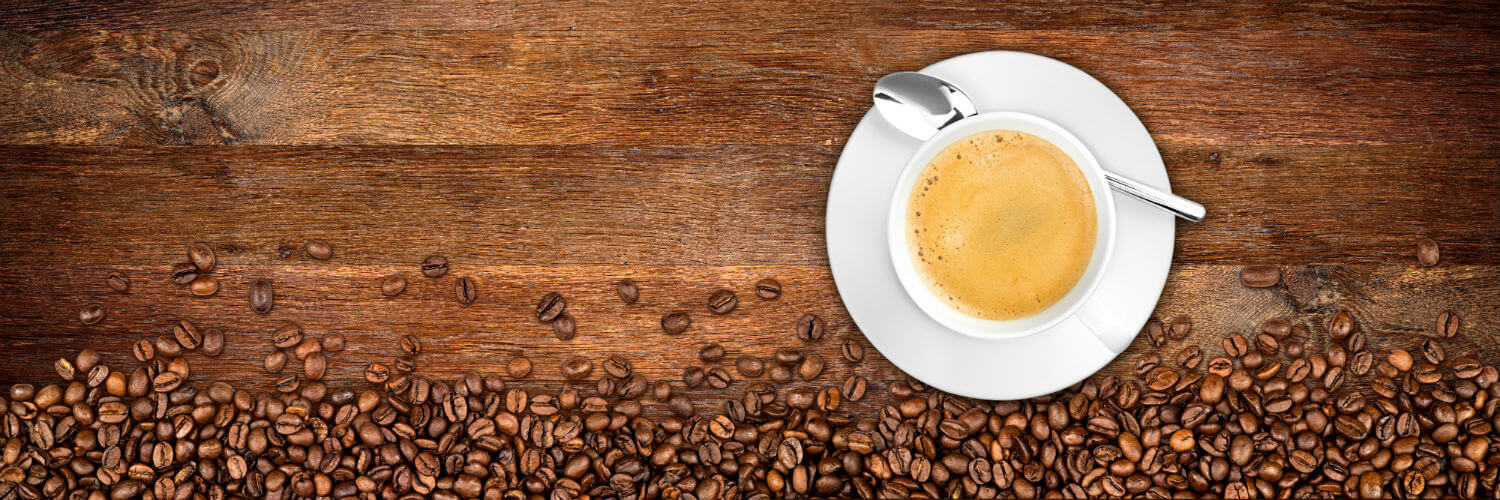B*****ds! Total effing b*****ds!
Who?
The people I work with! That’s who!
Why?
Because, for the second time this week, I have gone to meticulous pains to prepare a full cafetiere of medium roasted Italian coffee (it does have a better flavour than the Brazilian, in my view) only to find on my return to the kitchen a few minutes later, that every last drop has been guzzled before I’ve enjoyed a single sip.
B*****ds!
I should say now, that I am perhaps, something of a coffee snob: The cafetiere remains for me a central stanchion of the coffee-making process – simple but effective. Often upsettingly referred to as the “French press” (which sounds more like some half-baked weightlifting move for beginners…), this easy to use contraption brews a reliably good cup of coffee. The best ones are double walled, but in the absence of such, I’ve found the office’s basic model perfectly satisfactory, except perhaps for the absence of a security lock.
Whether you’re grinding your own or giving instructions to your local barista, it's best to use a coarse grind with a cafetière. At the office we simply use the pre-packed ground coffee from the supermarket, and the coarser consistency of the Italian blend is another of its benefits. To get great coffee from a cafetière, it’s important to follow a few key steps:
- Let the kettle rest for a few seconds after boiling
- Warm the carafe with some kettle water before emptying and adding roughly 75g of coffee per litre of water
- Put the coffee in first and then add just under half of the water, leave for around 30 seconds
- Inhale deeply as you stir the fragrant mixture and then add the remaining water.
- Brew for four minutes before compressing with the plunger and serving.
Key to all this – don’t rush.
The four-minute standing time is a vital part of the process.
I usually set an alarm on my mobile to ensure that I return to enjoy the results at just the optimum moment.
So you can imagine my consternation after 240 seconds of eager anticipation, on finding not a full pot of percolated perfection – but a diabolical emptiness; all my hard work squandered before it has even come to fruition!
B*****ds!
What’s all this got to do with marketing?
Nothing! I just wanted a rant!
Actually no; rather a lot, in a funny kind of way.
I was recently in a meeting with one of our clients, discussing a new initiative intended to drive more leads and sales for their business. The question arose as to whether it was necessary for them to differentiate themselves within the market, or simply to drive increased activity across the whole of the sector.
I was surprised that they were even debating this point. Apologies to readers if this seems an elementary matter. I too had always thought this was one of the most basic strategic principles of effective competition from behind: the market leader always benefits most from a growing market. But evidently this remains new news for many in the industry.
As a challenger, the client in question currently held only a small market share. It seemed obvious to me that they should strive to grow that share at the expense of their larger competitors. And the only way to do this is by differentiation. If they attempted merely to drive increased market activity, the biggest beneficiaries would be their larger rivals. (If you’re the leader, owning 50% of a market worth £100m and the market grows by 10%, your share is now worth an extra £5m. Compare this to the challenger owning just 20% market share, who only accrues a mere £2m benefit from the same market growth.)
This is why it’s vital for challengers to establish clearly differentiated propositions within their market, gaining share at the expense of bigger competitors – it’s not enough to win: others have to lose. If you don’t contrive strategies and products geared to stealing customers from your biggest rivals, the better part of your marketing effort will go into growing their businesses, at an even faster rate than your own.
You’ll go to all the trouble of preparing a brand and campaign (an endeavor that’s almost comparable to the crafting of an exquisite pot of coffee) only to have others come in and steal the benefits.
B*****ds!
But if you really take ownership of the cafetiere (or distinctive proposition…) nobody else can drink your coffee.

